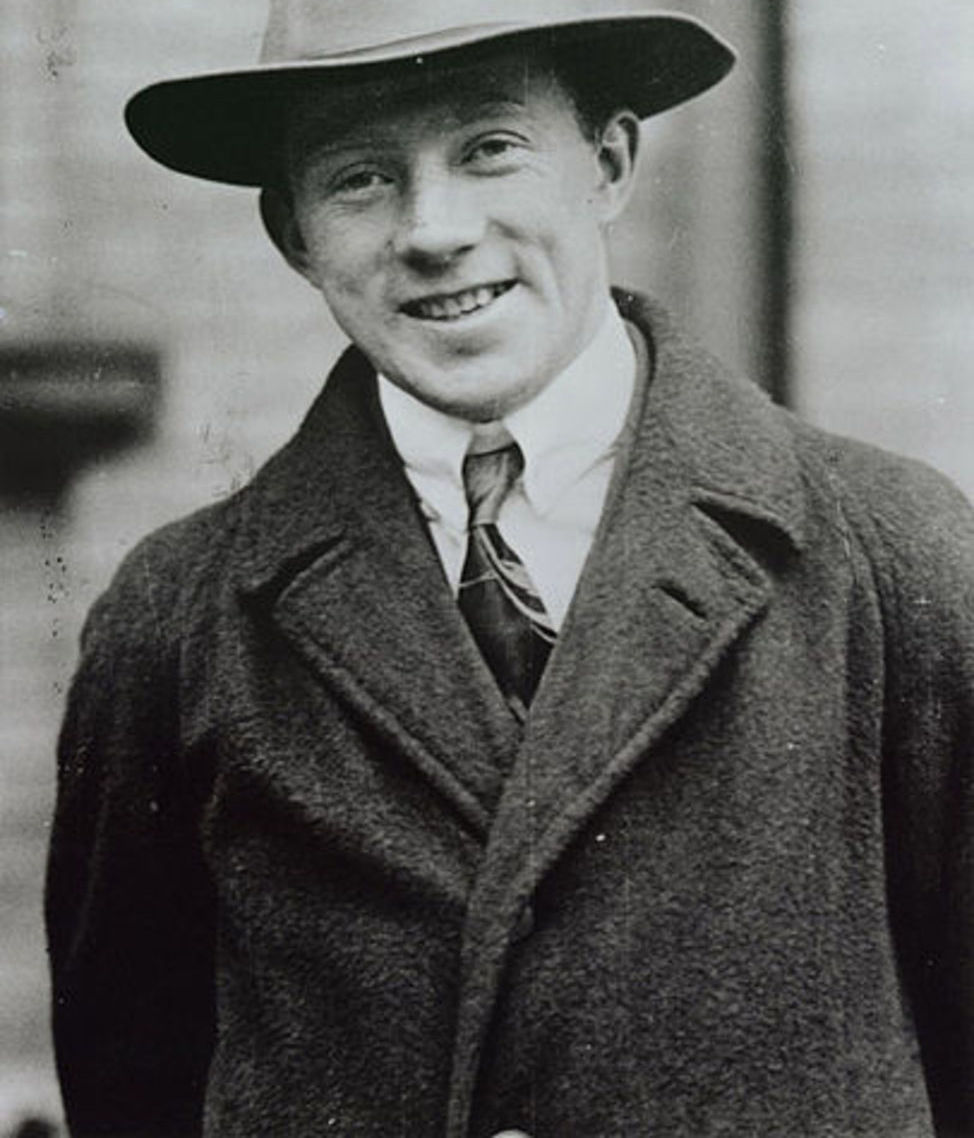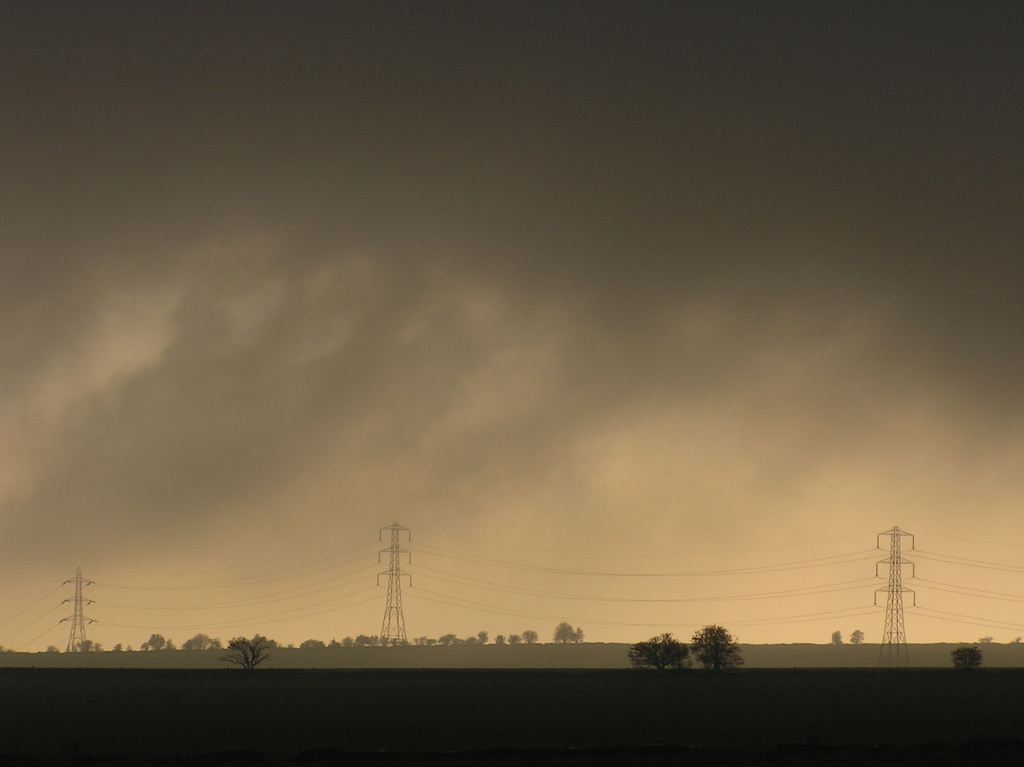Click here and press the right key for the next slide (or swipe left)
also ...
Press the left key to go backwards (or swipe right)
Press n to toggle whether notes are shown (or add '?notes' to the url before the #)
Press m or double tap to slide thumbnails (menu)
Press ? at any time to show the keyboard shortcuts
Conclusion

Why doubt?
... to refute scepticism?
Doubt is necessary to establish ‘anything at all in the sciences that is stable and likely to last’

‘although I feel heat when I go near a fire and feel pain when I go too near, there is no convincing argument for supposing that there is something in the fire which resembles the heat, any more than for supposing that there is something which resembles the pain.
There is simply reason to suppose that there is something in the fire, whatever it may eventually turn out to be, which produces in us the feelings of heat or pain’
Meditation VI
Treatise on Man figure 1

Treatise on Man, figure 2
Why doubt?
Not to refute scepticism.
But because doubt is ‘the easiest route by which the mind may be led away from the senses’.
‘... the principal reason for doubt, namely my inability to distinguish between being asleep and being awake. For I now notice that there is a vast difference between the two, in that dreams are never linked by memory with all the other actions of life as waking experiences are.’
Meditation VI
... or?
‘I wanted to show the firmness of the truths which I propound later on, in the light of the fact that they cannot be shaken by these metaphysical doubts. ...
I could not have left them out, any more than a medical writer can leave out the description of a disease when he wants to explain how it can be cured.’
Third Replies

conclusion
Why doubt?
Even at the end,
the reasons Descartes gives for doubting
remain a mystery.